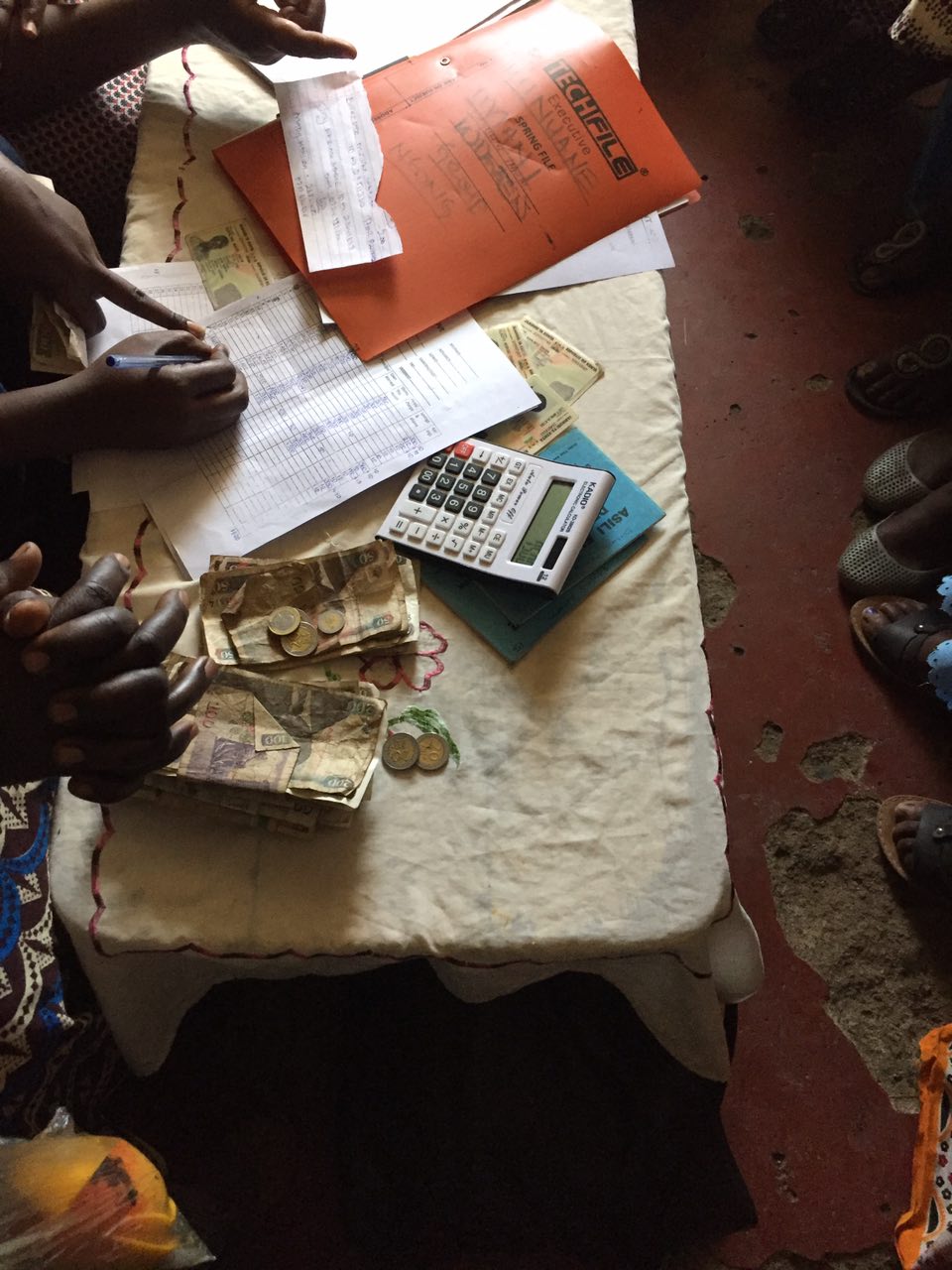From the introduction of M-Pesa in 2007 to the rapid rise of digital banking apps, the industry has consistently adapted to meet the evolving needs of its customers. Today, banking apps have become an essential part of everyday life, transforming how Kenyans manage their money whether it’s paying bills, transferring funds, or even accessing loans.
These apps bring convenience and accessibility, but they also come with risks that users must navigate carefully. Let’s take a closer look at the top five digital banking apps in Kenya, their impact on the sector, and what you should consider when choosing one.
Innovation, Convenience, and What You Need to Know
In this article
A Brief History of Digital Banking in Kenya
The journey of digital banking in Kenya is one of transformation. For decades, banking was synonymous with long queues and endless paperwork. But the introduction of mobile banking services like M-Pesa shifted the paradigm, bringing banking to the palm of every Kenyan’s hand.
Banks quickly followed suit, developing their mobile apps to meet the growing demand for convenience. While these apps have democratized access to financial services, they’ve also introduced challenges like data breaches, cyber fraud, and over-reliance on technology.
Despite these hurdles, Kenya’s digital banking ecosystem continues to thrive, driven by competition and customer expectations.
The Good and Bad of Digital Banking Apps
Digital banking apps have undoubtedly brought convenience, efficiency, and financial inclusivity to Kenya’s banking sector. However, they are not without their challenges.
The Benefits
- Accessibility: Banking apps bring services to underserved regions where physical bank branches are scarce.
- Time-Saving: No more long queues; customers can transact anytime, anywhere.
- Cost-Effective: Reduced operational costs for banks mean fewer charges for customers in many cases.
The Risks
- Cybersecurity Threats: Apps are targets for hackers, putting customer data at risk.
- Over-Reliance on Technology: Network outages or app failures can disrupt transactions.
- Hidden Fees: Some apps charge transaction or withdrawal fees that users might overlook.
Top 5 Digital Banking Apps in Kenya
1. M-Pesa App
The pioneer of mobile financial services in Kenya, M-Pesa remains the gold standard. Initially launched as a simple money transfer service, M-Pesa has evolved into a full-fledged banking platform
You can send and receive money, pay bills, buy goods, invest, and access loans via M-Shwari or KCB M-Pesa. Its ease of use and extensive reach make it the go-to app for millions of Kenyans.
High transaction fees on certain transfers can be a concern for frequent users.
2. Equity Mobile App (Eazzy Banking)
Equity Bank’s app is a game-changer, offering seamless integration with the bank’s ecosystem. Eazzy Banking has empowered customers with diverse services that go beyond basic transactions.
You get to Pay utility bills, request loans, transfer funds, and track transactions in real-time. Its user-friendly interface and robust security features make it highly reliable. Limited functionality for non-equity account holders.
3. KCB App
The KCB App combines convenience with innovation. As one of Kenya’s oldest banks, KCB has successfully leveraged its legacy to deliver a modern digital experience.
Mobile loans, savings accounts, bill payments, and investment options like trading government bonds. The integration of loans (KCB M-Pesa) makes it attractive for users seeking quick financial solutions. Some users report occasional app downtimes during peak hours
4. Absa Banking App
Absa’s app delivers sleek functionality with a focus on enhancing the customer experience. It has gained popularity for its clean design and wide range of features.
Secure fund transfers, international payments, credit card management, and quick account balance views. Absa’s app supports international payments, a feature not widely available in other apps.
The onboarding process can be slightly tedious for new users.
5. Co-op Bank App (M-Co-op Cash)
The Co-op Bank app serves both individual and business customers, catering to a diverse clientele with its reliable digital platform.
You get to Access loans, transfer funds, pay for goods and services, and save via Co-op Bank accounts. Its ability to serve SACCO members sets it apart from other banking apps.
The app’s interface can feel dated compared to competitors
Protecting Yourself While Using Banking Apps
Using digital banking apps comes with responsibilities. Here’s how you can safeguard your money and data:
- Enable Two-Factor Authentication (2FA): Most apps offer 2FA as an extra layer of security. Always activate it.
- Keep Your App Updated: Regular updates fix bugs and enhance security features.
- Avoid Public Wi-Fi: Transactions over unsecured networks expose you to cyber risks.
- Check Permissions: Ensure the app only accesses what it needs. Avoid granting unnecessary permissions like access to your contacts.
- Monitor Transactions: Review your statements frequently to spot unauthorized activities.
What to Look for When Choosing a Banking App
Selecting the right app for your needs is crucial. Here’s what to consider:
- Ease of Use: Look for an app with a simple, intuitive interface.
- Security Features: Ensure it offers robust encryption, biometric login, and fraud alerts.
- Available Services: Check if the app supports the transactions you need, such as loans or international transfers.
- Customer Support: Reliable, 24/7 customer service is essential for resolving issues quickly.
- Reviews and Ratings: Read customer reviews on app stores to understand the app’s performance and reliability.
Conclusion
Digital banking apps have revolutionized how Kenyans interact with their money. They offer convenience, whether you’re transferring funds, paying bills, or accessing loans. However, they also come with risks that demand caution and vigilance.
By understanding what each app offers and taking steps to protect yourself, you can make the most of Kenya’s vibrant digital banking ecosystem. As the sector continues to grow, these apps will undoubtedly remain at the heart of Kenya’s financial transformation




